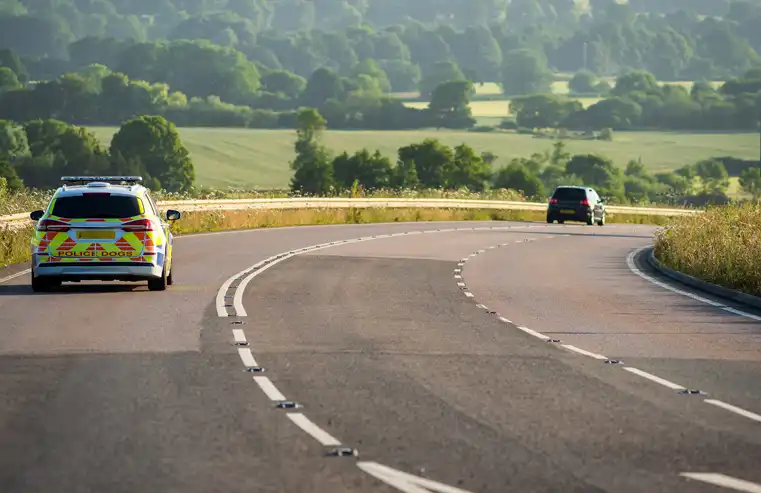- Conveyancing
- Family Law & Divorce
- Wills, Probate & Trusts
-
- Wills, Probate & Trusts
- Will Writing
- Probate
- Trusts
- Powers of Attorney
-
 Wills from £204
Wills from £204
-
 Probate
Probate
-
- Criminal & Motoring
-
- Criminal & Motoring
- Criminal Defence
- Motoring Offences
-
 Motoring Offences
Motoring Offences
-
 Criminal Defence
Criminal Defence
-
- All Personal Services
- Business Services
John Barkers
Solicitors Burnley
John Barkers solicitors offers the Burnley area exceptional and affordable legal services. Our experienced team of professionals is dedicated to providing tailored advice with outstanding value for money. With a long-standing presence in the UK since 1884, you can be sure that you are working with a reliable and established firm. We understand how valuable communication is, so we strive to make it convenient for our clients - offering video call, telephone and email support when needed
Contact: Live Chat, Video Call, Email, Telephone
Open: Monday to Friday 9am - 5pm
Call today: 01282 967100












